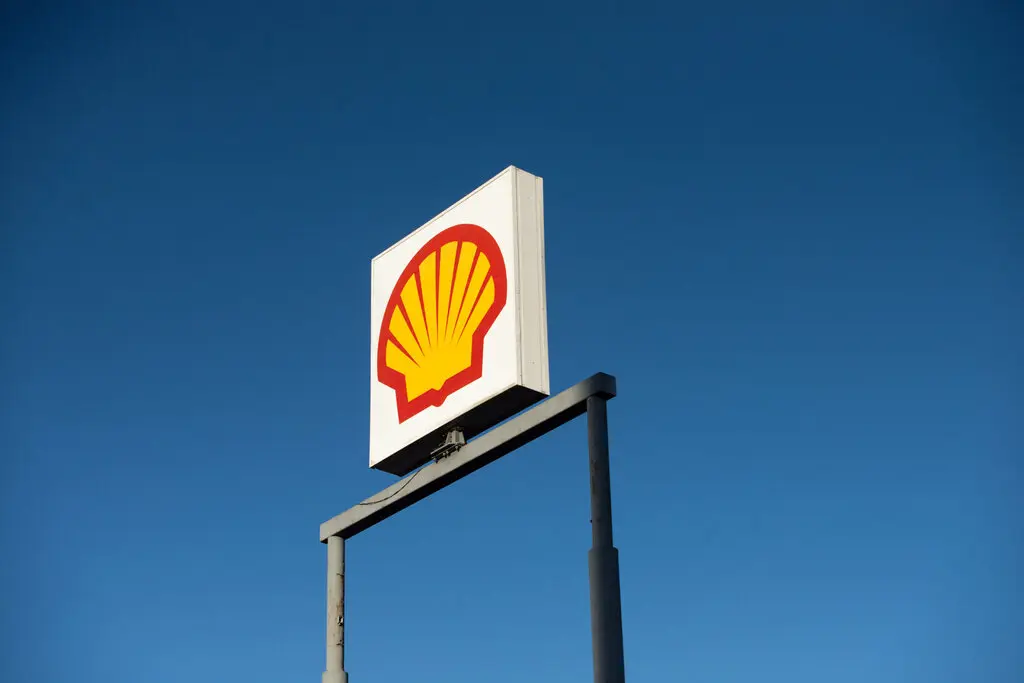The good times continue at Shell. The London-based energy giant reported adjusted earnings for the third quarter of $9.45 billion, its second-highest profit on record and more than double the $4.1 billion it made in the same period a year earlier.
Shell is mainly benefiting from high oil and natural gas prices partly stoked by the war in Ukraine, as Russia squeezes gas flows to Europe. The profit was a step down from the record-breaking $11.5 billion Shell reported for the second quarter, when it received an average of just over $100 a barrel for oil, compared with $93 in the third quarter. Natural gas prices, however, increased in the third quarter.
The company is returning a large chunk of this bounty to shareholders. Shell said that it planned to increase its dividend to shareholders for the fourth quarter by 15 percent, to about 29 cents a share. The company also pledged to buy back $4 billion worth of its shares, bringing total buybacks announced this year to $18.5 billion, or 10 percent of the company’s share capital.
Shell’s share price jumped 4.5 percent in trading in London on Thursday.
In what may provoke a political storm in Britain, the company said it has not yet been obliged to pay the “windfall” tax on oil and gas profits enacted earlier this year by the British government. The tax allows companies to deduct capital expenditures.
Shell has not paid windfall taxes to Britain yet because its capital expenditure on oil and gas projects in the British North Sea reduced profits, the company’s chief financial officer, Sinead Gorman, said on a call with reporters. The capital spending “has meant we haven’t had extra tax coming through in this quarter yet,” she said. Ms. Gorman said the company expected the tax to come into play early next year.
Ben van Beurden, Shell’s chief executive, said on the call that he accepted that higher taxes might be placed on oil companies to partly finance programs that help vulnerable people pay their energy bills. “I think we should be prepared and accept that our industry will be looked at for raising taxes in order to fund the transfers to those who need it most,” he said.
Shell announced last month that Mr. van Beurden would step down at the end of the year, to be succeeded by Wael Sawan, a veteran executive at the company.








